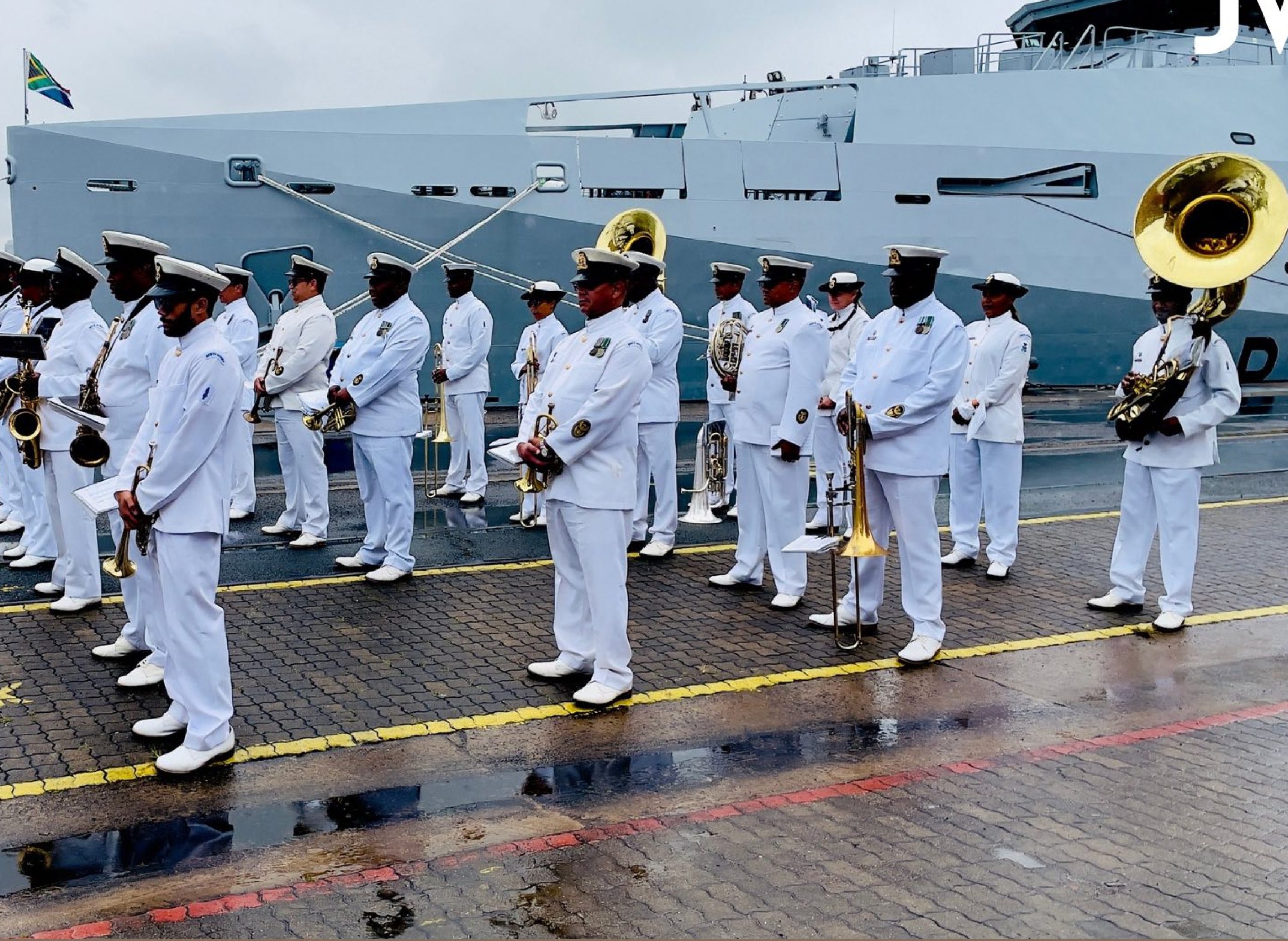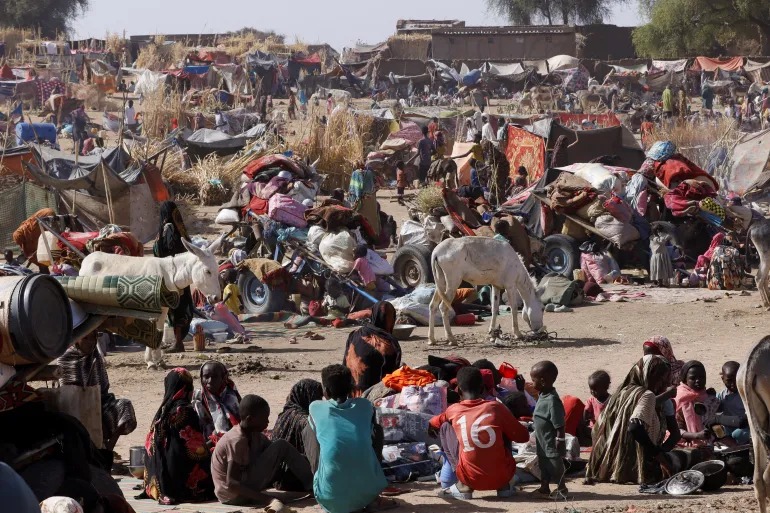
Introduction
The Navy Budget has become a focal point of South Africa’s security debate after the navy chief publicly warned that deepening defence cuts are putting the country at risk. In a strongly worded speech, he accused “unpatriotic officials” of undermining national security by approving workforce reductions and limiting resources. His remarks, made against a backdrop of rising regional tensions and growing maritime crime, point to a wider concern: can South Africa still protect its coastline and strategic interests with the current level of defence spending? This question now sits at the heart of the Navy Budget discussion.
Navy Budget and the State of the Fleet
Navy Budget constraints are closely linked to the state of the navy’s fleet. Running a modern naval force is expensive: ships require regular dry-docking, repair, upgrades, and constant technical support. Underfunding means some vessels spend more time tied up than at sea. When maintenance is postponed, small issues grow into larger, costlier failures. The navy chief has warned that this cycle is already underway, reducing the number of operational ships available for patrols and joint exercises. A shrinking fleet presence weakens South Africa’s ability to respond to emergencies and to project influence in regional waters.
Navy Budget and Maritime Crime
Navy Budget reductions can create space for maritime criminals to operate more freely. South Africa’s surrounding seas host busy trade routes, rich fisheries, and potential energy resources. Without consistent naval patrols, illegal fishing vessels, smugglers, and traffickers may find it easier to avoid detection. This not only harms the environment and economy but can also fuel organised crime networks on land. The navy’s limited presence at sea has been cited as one reason why such activities are difficult to monitor and disrupt. Reversing this trend would require both more patrol days and better surveillance systems, both of which depend on adequate funding.
Navy Budget and Regional Defence Cooperation
Navy Budget debates also affect South Africa’s position within regional defence arrangements. The country often plays an important role in multilateral exercises and maritime security initiatives. However, when resources are constrained, participation can become more symbolic than operational. If the navy cannot deploy ships or maintain trained crews, its contribution to joint patrols, anti-piracy missions, or crisis responses may decline. This could shift expectations among regional partners and alter perceptions of South Africa’s reliability as a security actor. Maintaining a credible role in regional defence cooperation requires that the Navy Budget support real capability, not just nominal commitments.
Navy Budget and the Public Perception of Defence
discussions tend to draw less attention than debates over social spending, but the navy chief’s remarks have pushed defence into the public arena. Many citizens may not fully realise how naval operations underpin everyday life, from protecting import routes to securing offshore infrastructure. When senior officers speak out, they are effectively asking the public to reconsider how they value defence in the national budget. The challenge is to communicate complex security issues in simple terms: explaining how a weaker navy can eventually affect jobs, prices, and regional stability. Public understanding is essential if any shift in budget priorities is to gain support.
Navy Budget and the Road Ahead
Navy Budget decisions in the coming years will shape the navy’s future role. Policy-makers face hard choices: continue with cuts and accept reduced capability, or stabilise and potentially increase funding to maintain a credible maritime force. Each option has trade-offs. Maintaining current spending levels may seem fiscally prudent in the short term, but it carries long-term risk if capabilities erode beyond recovery. Increasing spending requires strong oversight to ensure money is used effectively. The navy chief’s warning is ultimately an invitation for a serious national conversation about how much security South Africa can afford to lose.
FAQs
Why is the Navy Budget considered too low by military leaders?
Military leaders argue the Navy Budget is too low because it cannot cover adequate maintenance, patrols, and training needed for effective operations.
What kinds of threats does the Navy Budget need to address?
The Navy Budget must address threats such as illegal fishing, smuggling, piracy, and regional instability affecting South Africa’s maritime zones.
Can better management fix problems without increasing the Navy Budget?
Improved management helps, but without sufficient Navy Budget resources, even well-run forces struggle to sustain complex operations.
Conclusion
The Navy Budget controversy highlights how defence funding cuts can ripple far beyond military bases and dockyards. From maritime crime to regional alliances and public safety, underfunding shapes what the navy can and cannot do. Whether South Africa chooses to adjust its budget or accept a reduced role at sea, the decision will have consequences that extend well into the future.


